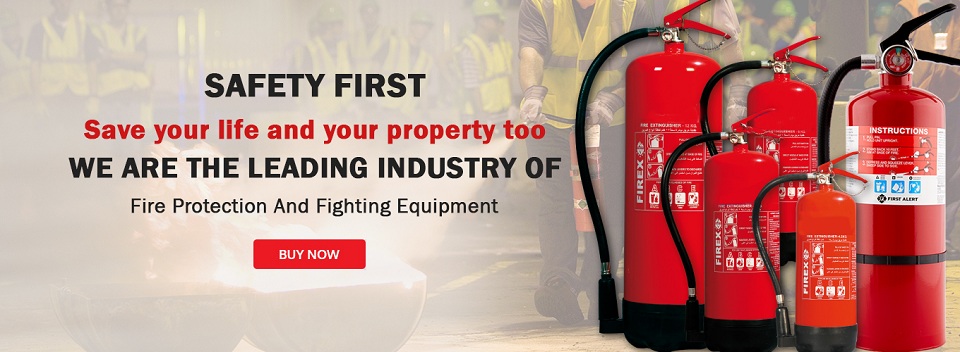Precaution is always better than cure. True that with all the modern technology and fire extinguishers, the fire can be put out and controlled but why to give leeway to such situations that can cause a fire at the first place? These are some of the ways you can prevent fire and make your house fireproof.
Apply fire-retardant chemicals
Fire retardants include Phos-Chek an environmentally friendly chemical and sophistication a foam, consistent with Chartis, an insurer that gives complimentary fire-retardant treatments to customers who have certain policies. Fire safety equipment suppliers offer fire-retardant sprays that knowledgeable can apply to at-risk areas of your home and yard. Such chemicals work by creating a barrier between the hearth and therefore the structure or by creating a reaction that slows the heart.
Eliminate debris of vegetation
Dead or dry vegetation is the riskiest. During the season, consider pruning dry or flammable shrubbery or hiring a contractor to try to do this work for you. As per the recommends of FEMA (The Federal Emergency Management Agency) and fire safety products suppliers it's safe to make a minimum of 30 feet of space between your property and any kind of vegetation.
Limit roof combustibility
Roofs with many ridges are particularly vulnerable to fire damage because windblown embers can catch on the ridges, additionally to applying fire-retardant chemicals, consider upgrading the materials used on your roof, regularly cleaning off debris like pine needles and leaves) and inspecting and replacing broken shingles. a cloth called bird stop can seal open edges to stop potential fuel sources, like birds' "nesting" materials, from getting under the roof covering.
Clean your gutters
Debris from trees and vegetation borne by the wind can accumulate in gutters. Debris can cause structural damage to your gutters and even to your house, which can provide space for embers to blow in, consistent with IBHS. Debris can also erupt, particularly during the season.
Protect your windows
A heat differential driven by an outdoor fire can cause the exposed glass to crack and even shatter inward. consistent with IBHS, a window will break after one to 3 minutes of exposure to intense heat or flames. It is recommended by fire safety equipment suppliers that buildings constructed in wildfire-prone areas use dual-pane windows.


